
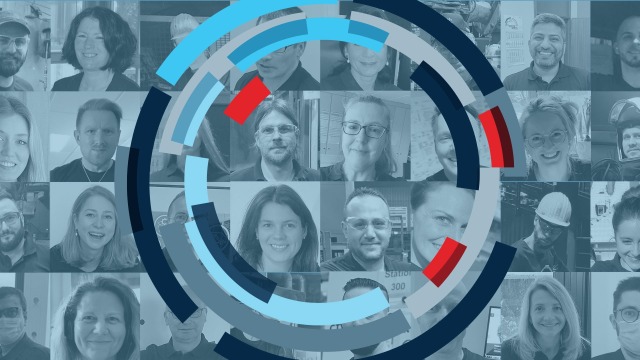
Select your location
Bosch Rexroth around the world
Asia & Pacific
Europe


As a company that’s more than 225 years old, we at Bosch Rexroth know that being able to look back on a long and successful history only comes if a business can adapt to change: by seizing the opportunities that come from technological advances, using these to create innovations, and adapting the business model accordingly. However, it’s also essential to develop our corporate culture. It’s important to the people who work for us, it attracts new people to our company and it benefits our customers.
We spoke to two Bosch Rexroth colleagues, Andrea Göbbels (Head of Corporate Culture & Change Management) and Ying Wang (Change Management Consultant) to find out how our corporate culture is evolving.
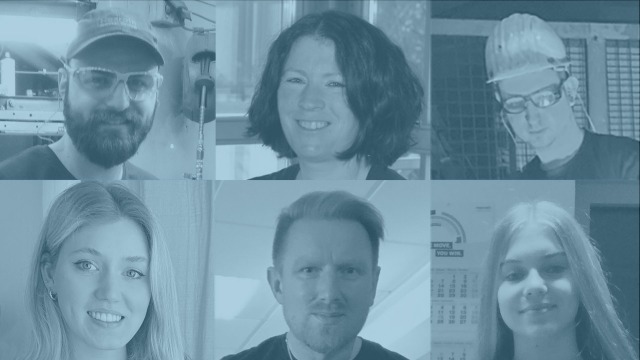

What were the main reasons for taking a closer look at the corporate culture?

Ying: During 2016, we faced a challenging business environment brought on by the demand for new products and tough market conditions. We knew that change was needed. After extensive talks within the business and in consultation with customers, it was decided that we needed to put our effort into organizational change, into forward-looking product, strategy and market development, and into developing our culture and internal processes. I was delighted, as this was the first time that culture had been given such a strong emphasis during my time at Bosch Rexroth.
Andrea: In 2017, we began working on our cultural development, to help us even better deliver on our core promise to our customers: We move, you win. Since then, we’ve achieved an incredible amount, with many activities involving colleagues throughout the world. In 2020, collaboration between different parts of the business became more challenging – managing remote working, dealing with unforeseen circumstances and moving 'online'. We’re now back on the journey to re-energize our cultural development and achieve our ambitious goals.

How did the business decide what the desired culture would look like?

Andrea: After discussing the culture, we shared our vision with a mix of colleagues throughout the business – from different divisions, different functions and even different countries – who acted as an important sounding board. The leadership meeting was another key milestone in the process, as it was the point at which we passed on the new concept to participants and empowered them to drive the cultural transformation process forward.
Ying: People were able to become familiar with the concept and share their input before it was implemented. This not only enabled them to give us valuable feedback, but also helped them feel engaged and invested from the beginning. People knew they were being heard and that their opinions matter, which is an important part of our desired culture.
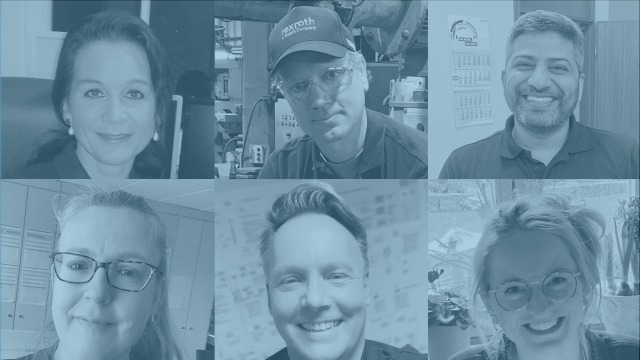

What are the key pillars and how important are leaders’ attitudes?

Andrea: Leadership and collaboration are key to our culture. Throughout the organization we find relationships built on trust, appreciation and empathy. But we also need to make sure that a lack of constructive feedback doesn’t prevent us from improving.
In order to constantly seek out innovative ideas, we need a culture where we talk openly about failures, where we encourage clear feedback and address all positive and negative aspects of the business. Managers and employees should mutually support and energize each other, recognizing the benefit of different perspectives. Everyone needs to take responsibility for achieving high performance. And managers need to help drive that through their positive leadership style.
Ying: We describe how we want to be and act, in order to contribute to our customers’ success in the best possible way. These guiding principles set us in a direction of travel and encourage discussion about how to reach our destination. There’s no single defined way to act, according to the guiding principles, and everyone is encouraged to contribute, according to our motto: ‘It begins with me, it begins with you, it begins with all of us’.
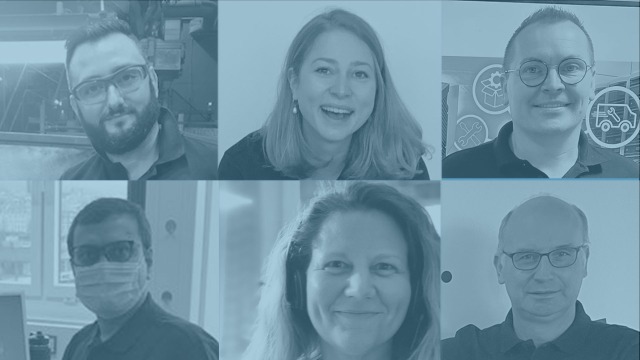

What did you enjoy most about being involved in this process?

Andrea: Culture is one of the most elusive and powerful elements of an organization. It’s part of everything and affects everyone. However, cultural development cannot be achieved through a top-down mandate by some department in headquarters. We started with a group of passionate enthusiasts and rolled up our sleeves to make it happen. For me, it’s amazing what a committed group of people can achieve when they set their minds to making a difference. Such a commitment requires a strong team and a culture based on mutual appreciation, trust and empathy, and I am proud to be a part of it.

Why is this cultural development important for our customers?

Andrea: For us, our culture is not a nice-to-have, but essential to our customers and our future success.
Ying: If a company hopes to interact with its customer in a constructive way, it needs to be constantly learning about and communicating with the customer, learning how to establish trust and how to support them. Our cultural development is about improving our performance – for us and for our customers.
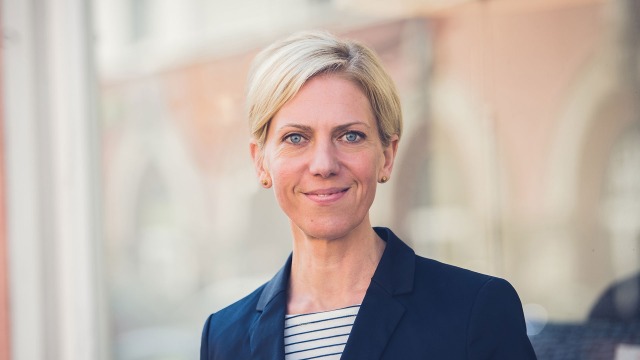
Andrea Göbbels
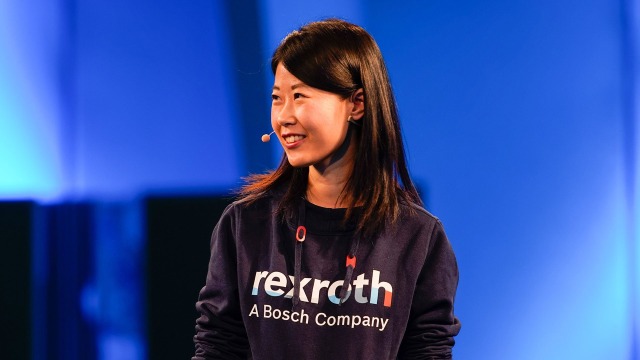
Ying Wang